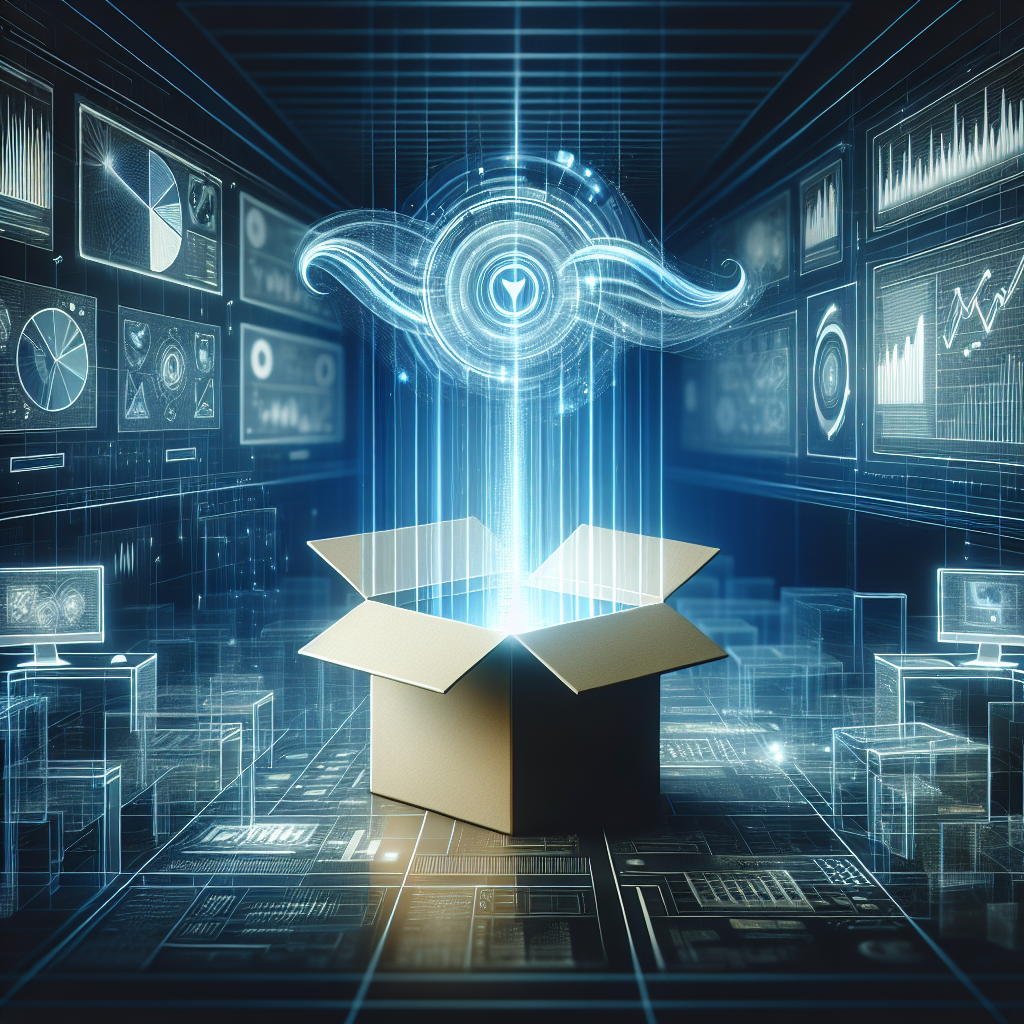Artificial Intelligence (AI) is no longer a figment of science fiction. It’s a dynamic technology shaping our world and future, bringing transformative changes across various sectors. Let’s delve into the AI-driven software trends we anticipate for 2025 that will revolutionize how we interact with technology.
The Rise of AI in Software Development
AI has been a game-changer in software development, automating many processes, reducing human error, and speeding up delivery times. As we look ahead, we’ll see more sophisticated AI applications enhancing the software development landscape.
AI-Driven Software Trends for 2025
Technology is evolving at a breakneck pace, and AI is at the forefront of this evolution. Let’s explore the top AI-driven software trends expected to dominate by 2025.
1. AI-Powered Cybersecurity Tools
As digital threats become more sophisticated, so must our defenses. AI-driven cybersecurity tools are predicted to become a mainstream solution, capable of predicting, identifying, and combating cyber threats in real-time.
2. Enhanced AI in Healthcare
AI-driven software will further penetrate healthcare, from diagnosing diseases to personalized treatment plans. AI will aid in early detection, reducing the burden on healthcare professionals and saving lives.
3. AI in Autonomous Vehicles
With tech giants like Tesla leading the way, AI in autonomous vehicles is no longer a distant dream. By 2025, AI-driven software will be at the core of self-driving technology, making autonomous vehicles safer and more efficient.
4. AI in Voice Recognition and Digital Assistants
AI-powered voice recognition and digital assistant software are set to become more advanced and ubiquitous. From Alexa to Siri, these tools will become more personalized and accurate, understanding and executing commands more effectively.
5. AI for Personalized Marketing
AI will continue to revolutionize marketing strategies, providing personalized content and recommendations based on user behavior, preferences, and real-time data analysis.
Pros and Cons of AI-Driven Software
Pros:
- Increased Efficiency: AI algorithms can process and analyze data at a speed that humans can’t match, leading to increased productivity and efficiency.
- Improved Accuracy: AI-driven software minimizes the risk of human error, ensuring high accuracy in tasks.
- 24/7 Availability: AI systems don’t need breaks, allowing for round-the-clock operation.
Cons:
- Job Displacement: As AI systems become more efficient, they could replace human jobs, leading to displacement in the workforce.
- High Setup Costs: Implementing AI software can be expensive, especially for small businesses.
- Data Privacy Concerns: With AI’s ability to collect and analyze user data, there are valid concerns about data privacy and security.
Preparing for the AI-Driven Future
As we gear up for these exciting AI trends, it’s essential for businesses and individuals to stay updated and adapt to this rapidly evolving landscape. Whether it’s learning new skills or investing in AI technologies, preparation will be key to leveraging the power of AI.
FAQs
1. What is AI?
Artificial Intelligence (AI) is a branch of computer science that simulates human intelligence in machines, enabling them to learn, reason, and self-correct.
2. How does AI impact software development?
AI can automate various aspects of software development, including code generation, testing, debugging, and maintenance, leading to faster delivery times and reduced human error.
3. What are the potential risks of AI?
Potential risks include job displacement due to automation, high setup costs for implementing AI systems, and data privacy concerns due to AI’s data collection capabilities.
4. How can businesses prepare for AI-driven software trends?
Businesses can prepare by staying updated on AI trends, investing in AI technologies, and training their staff to work with AI-driven software.
5. How will AI impact the future of work?
AI will automate repetitive tasks, allowing humans to focus on more complex tasks. However, it could also lead to job displacement in sectors where AI systems become more efficient than human workers.
